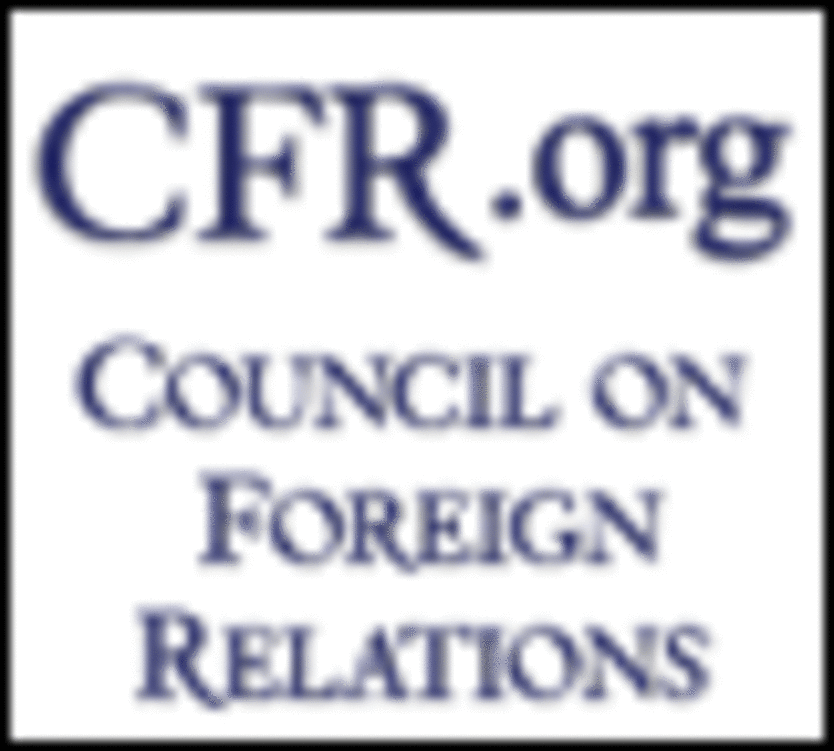
EDITOR’S NOTE: World leaders should adopt some of the recommendations of the high-level panel on climate finance when they gather for the United Nations climate change summit slated to start on Nov. 29, says Michael A. Levi, David M. Rubenstein senior fellow for energy and the environment and director of the program on energy security and climate change at the Council on Foreign Relations, in response to CFR Senior Staff Writer Toni Johnson’s question on what constitutes a good outcome in Cancun. This, he adds, would “at least show there’s a path toward raising” USD100 billion by 2020, as pledged in the Copenhagen Accord. A few excerpts:
Why is the Copenhagen Accord controversial?
The Copenhagen Accord is a political agreement that includes three basic elements. The first is a set of goals: keeping temperature rises to two degrees centigrade, [and] raising $100 billion a year by 2020 to help developing countries deal with climate change. The second is [emissions] pledges by every major country, including the United States, China, and others. And the third is transparency on efforts supported by international finance and technology.
What’s controversial about it first is the way it was agreed to. It wasn’t done through the formal, universal process. It was done by a smaller number of leaders, and so some don’t like that. Second, it’s not legally binding [like the Kyoto Protocol], and a lot of people hold out legally binding as the most important judgment of whether an international deal is acceptable. And third, the commitments in the accord to cut emissions don’t add up to the sorts of reductions needed to meet the overall goals that people talk about [as needed to reduce the threat of climate change]. Now, the response to that as far as I’m concerned is that the Copenhagen Accord is a beginning not an end. You don’t throw something out simply because it doesn’t solve all of your problems. But for some people, that’s exactly how it is: If the Copenhagen Accord doesn’t fix everything once and for all, it’s not worth doing.
What’s a good outcome for Cancun?
A successful outcome for Cancun is primarily about reinforcing the Copenhagen Accord. So number one, make sure that whatever comes at Cancun follows the basic political deal outline in the Copenhagen Accord. And number two, you want to put a bit of meat on the bones on various key elements of that deal. So reinforce countries’ commitments to their own emissions cuts, adopt some of the recommendations of the high-level panel on climate finance–to at least show there’s a path toward raising the $100 billion by 2020 that was promised in the accord–get some more detail on transparency. From a U.S. perspective on money, it’s going to be hard to mobilize much in the next few years, but at least say that we’re going to protect the short-term financing from pressure to cut foreign aid budgets, which will certainly be present. So we basically need to start filling in the details. Last year we talked about an accord that could be immediately operationalized. What the meeting has to do is essentially start to operationalize that accord.
How can developed and developing countries overcome disagreements on burden sharing?
It’s very difficult for developed and developing countries to overcome disagreements about burden sharing. It’s also very difficult for developed countries to overcome disagreements with other developed countries over burden sharing. The United States and Europe disagree almost as much as the United States and China do, so that’s very important to keep in mind. The bottom line is those aren’t going to be resolved, at least in the near term, through negotiators sitting at a table. They’re going to be resolved as countries try to do different things and see how hard they are, see what kinds of burdens there are to be shared–because right now, a lot of that is very much theoretical. That’s really the world we’re moving into–one where this is all determined on a rolling basis as we move forward, as countries adjust their policies and see whether we’re meeting our goals.
Re-published with permission by the Council on Foreign Relations. Visit the original article.








